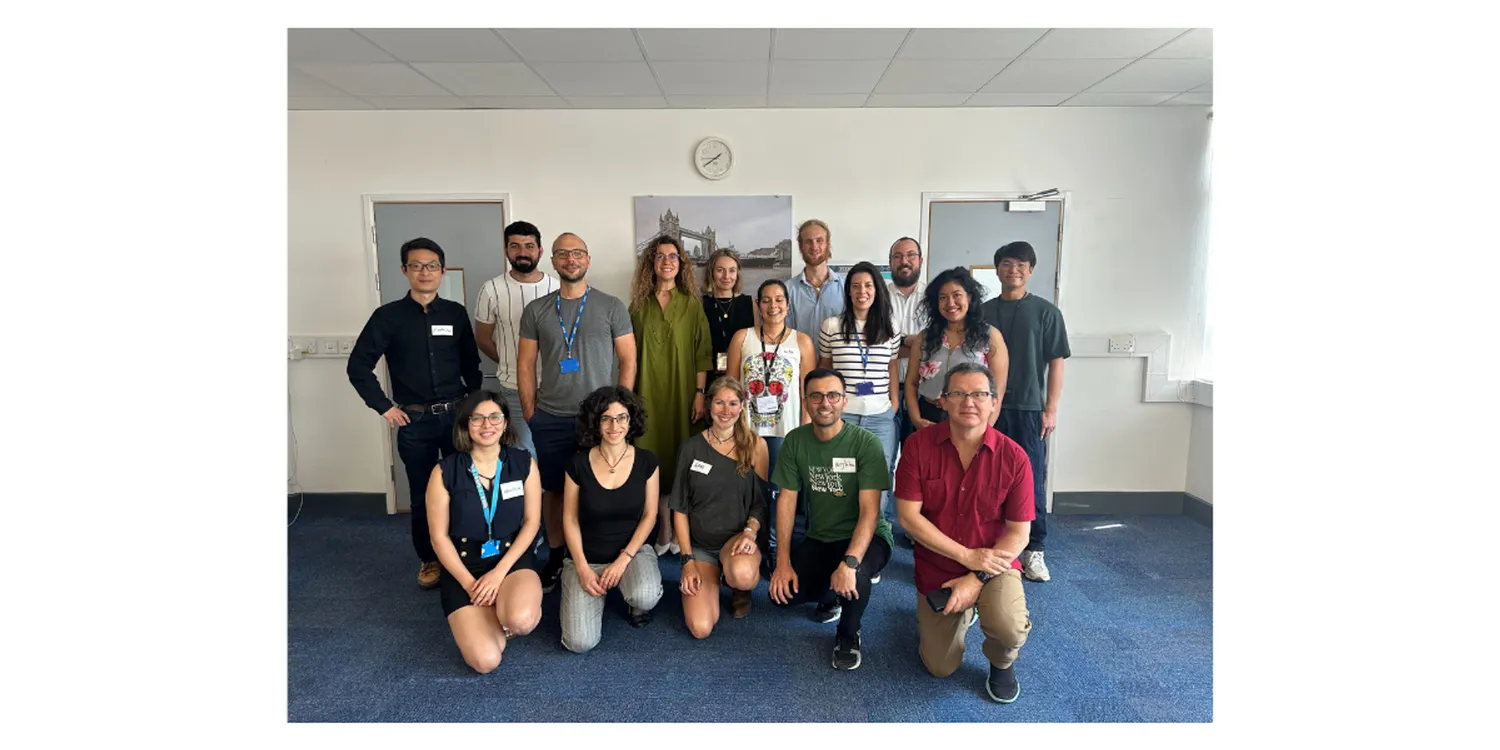20 Jun 2023
On the 8th and 9th of June 2023, TechOceanS hosted a two-day “Workshop on Machine Learning Advances for Environmental and Underwater Imaging Data" at the National Oceanography Centre in Southampton, UK.
Over two days experts and researchers from both academia and industry discussed the latest advancements in artificial intelligence (AI) applications for ecosystem monitoring such as classification, object recognition, real-time data processing, data management, and more. The event, which featured keynote talks, presentations, and interactive discussions, shed light on the potential of machine learning and modern techniques to revolutionise underwater and environmental research.
One of the primary objectives of the workshop was to address the unique challenges associated with real-time processing and the handling of large datasets accumulating from environmental and underwater imagery. The workshop particularly focused on addressing computer vision challenges such as model development, annotation, managing skewed datasets, and poor data quality. Experts presented modern techniques and effective tools for efficiently managing vast amounts of data. Implementing these techniques allows researchers to improve processing resources and boost the speed and accuracy of data analysis, resulting in more precise and timely observations.
The workshop's structure encompassed two distinct focus areas over the two-day duration. Day one primarily focused on an interactive session-based approach, incorporating group discussions. To ensure comprehensive coverage of the subject matter, the day was divided into four distinct themes, each designed to address specific areas of interest.
The first theme, "Challenges in Acquiring and Analyzing Big Data for Environmental and Underwater Monitoring," provided a platform for in-depth discussions regarding the difficulties associated with collecting and processing large datasets in the context of environmental and underwater monitoring. The second theme, "How AI Can Facilitate and Accelerate Scientific Discoveries," explored the role of artificial intelligence (AI) in expediting scientific breakthroughs. The third theme, "Potential Research Directions and Innovations in Developing Edge AI Algorithms," delved into the exploration of cutting-edge research directions and innovations in the development of edge AI algorithms. Lastly, the fourth theme, "Deep Learning for Computer Vision," provided a dedicated space for participants to delve into the realm of deep learning techniques applied to computer vision tasks.
The workshop began on day two with a keynote address by Sara Bernardini, the National Oceanography Center's chief research scientist for AI and data science, who discussed the NOC's overall strategy for AI and data science. Then, the workshop featured presentations from various individuals, emphasizing practical application and case studies in the field. This provided participants with real-world examples, challenges, and insights into the impact of machine learning advances on environmental and underwater monitoring.
